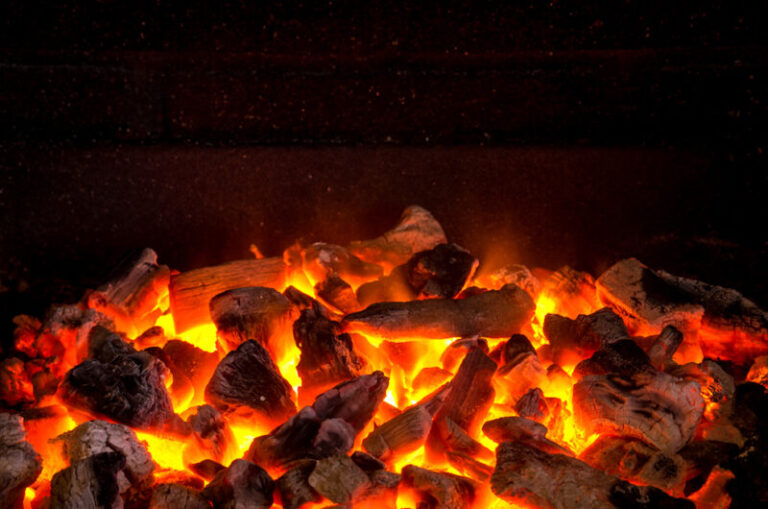Superstition about Cutting Nails at Night
In the realm of superstitions, the belief surrounding the cutting of nails at night stands out as a particularly intriguing one.
This superstition, rooted in various cultures around the world, weaves a tapestry of folklore, traditional beliefs, and spiritual meanings.
To understand why such a commonplace activity is shrouded in superstition, we delve deep into the historical and cultural contexts that have given rise to this belief.
Historical Origins
The superstition about cutting nails at night finds its roots in different historical periods and cultures. It is not merely a random belief but a tradition steeped in historical context.
From the ancient times of Babylon to the medieval streets of Europe, and across Asian cultures, this belief has been passed down through generations, often morphing to suit the local cultural milieu.
Cultural Variations
Each culture has its own unique take on why cutting nails after sunset is considered inauspicious. In some societies, it’s linked to spiritual beliefs, while in others, it’s more about practical concerns that evolved into superstitions.
Asian Perspectives
In many Asian cultures, the act of cutting nails at night is tied to spiritual and mythological beliefs. For instance, in Japan, this superstition is closely associated with death and misfortune. Similarly, in India, it’s believed to bring bad luck and is strictly avoided.
European Folklore
European folklore also offers its version of this superstition. Here, it is often tied to the idea of inviting negative energies or spirits during the vulnerable hours of the night.
Should you Cut your Nails at Night?
After exploring the historical and cultural origins of this superstition, we come to the most crucial question – should you cut your nails at night?
The answer to this is purely subjective and based on personal beliefs. But if you do choose to believe in it, there’s no harm in following this belief as a precautionary measure.
After all, it’s always better to be safe than sorry! So why not wait till the morning to trim those nails?
Remember, this belief may have its roots in history and culture, but ultimately it’s up to you to decide whether or not to follow it.
Spiritual Meanings of Cutting Nails at Night
1. Disruption of Spiritual Energy
Cutting nails at night is believed to disrupt the natural flow of spiritual energy. This time is often considered sacred and meditative, and such activities are thought to disturb this tranquility.
2. Attracting Negative Spirits
In many cultures, it’s thought that cutting nails after dark attracts negative spirits or energies, as the night is when these forces are most active.
3. Bad Luck and Misfortune
A common belief is that this act brings bad luck or misfortune, as it’s seen as a violation of traditional practices that protect from evil.
4. Disturbing Ancestral Spirits
In some traditions, nighttime is when ancestors are believed to be more present. Cutting nails is seen as disrespectful or disruptive to these spirits.
5. Symbol of Death and Mourning
In certain cultures, the act of cutting nails at night is associated with rituals of death and mourning, making it a taboo activity during normal times.
6. Loss of Wealth and Prosperity
There’s a belief that this act could lead to the loss of wealth or prosperity, as it symbolically represents the cutting away of one’s fortune.
7. Breaking of Family Bonds
Some traditions hold that cutting nails at night can lead to the weakening or breaking of family ties and relationships.
8. Disturbance in Natural Balance
This act is sometimes seen as a disturbance in the natural balance between the physical and spiritual worlds, especially at a time when the veil between them is thin.
The Intersection of Superstition and Practicality
Interestingly, some argue that the origin of this superstition is rooted in practicality rather than spirituality. In the days before electricity, cutting nails at night, with inadequate lighting, could lead to injury.
This practical concern might have evolved into a superstition, as a way to prevent accidents in the dark.
The Role of Light in Superstition
The lack of light during nighttime in ancient times plays a crucial role in understanding this superstition. It reflects a time when the boundaries between the natural and the supernatural were more fluid, and darkness was often equated with the unknown or the feared.
Symbolism in Superstition
Beyond the practical aspects, there is rich symbolism in this superstition. Cutting nails, an act of personal grooming and ridding oneself of the old, takes on different meanings in the shroud of night.
Night as a Time of Vulnerability
Nighttime has always been seen as a period of increased vulnerability and susceptibility to the supernatural. In this context, any act that could potentially invite bad luck or negative spirits was avoided.
The Symbolism of Nails in Culture
In many cultures, nails are considered to carry personal energy or essence. The act of cutting them, especially at a time perceived as spiritually potent like nighttime, could be seen as an act of releasing this energy in an uncontrolled environment.
Modern Interpretation and Continuation
Despite the advent of modernity and scientific understanding, the superstition about cutting nails at night persists. This endurance speaks to the deep-rooted nature of such beliefs in human culture.
Psychological Underpinnings
The persistence of this superstition can also be looked at through a psychological lens.
It demonstrates how certain practices, even when rendered obsolete by technology or knowledge, continue due to the comfort and tradition they provide.
Cultural Transmission
The way this superstition is transmitted from generation to generation illustrates the power of oral tradition and cultural inheritance.
It’s a fascinating study of how certain beliefs, no matter how seemingly illogical, remain entrenched in the collective psyche.
Conclusion
The superstition about cutting nails at night is a fascinating amalgamation of historical, cultural, and spiritual elements.
It exemplifies how a simple, everyday activity can be imbued with deep meanings and beliefs, reflecting the complex nature of human culture and spirituality.
This belief, rooted in practical origins yet enriched by spiritual interpretations, continues to be a part of many cultures worldwide.
It serves as a reminder of the mysterious and the unexplained aspects of human life and our attempts to understand and cope with them through rituals and superstitions.







